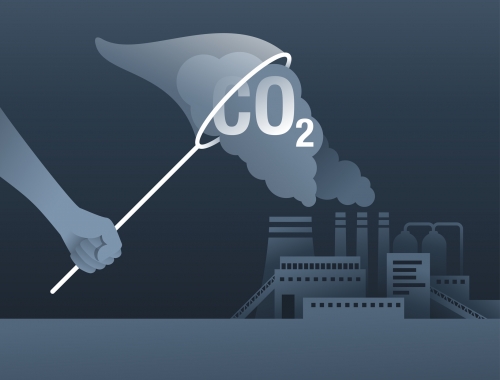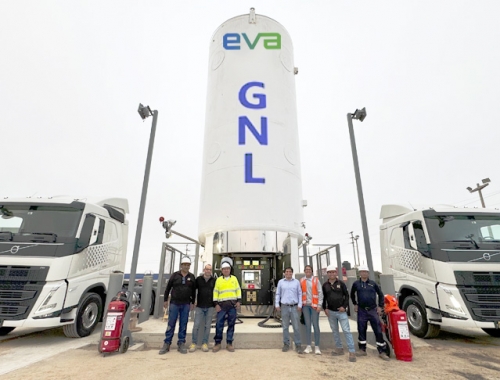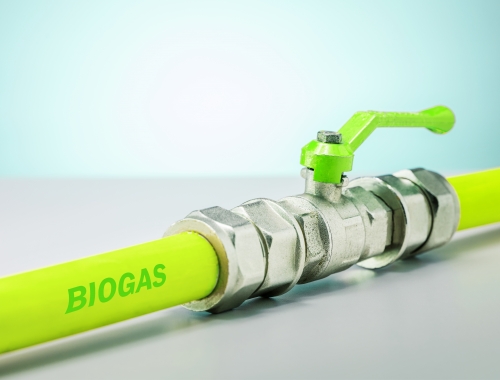Wood bags contract for Pathways Alliance CCS pipe
SUMMARY
Wood will develop the line that will link more than 20 oil sands facilities with a hub for permanent carbon storage in the Cold Lake, Alberta region.
By Shardul SharmaCanada’s Pathways Alliance, a consortium of the country’s six largest oil sands producers, has awarded a $10mn contract to Wood for a CO2 transportation line in Alberta, it said on February 22.
Wood will develop the line that will link more than 20 oil sands facilities with a hub for permanent carbon storage in the Cold Lake, Alberta region.
Engineering and field work is progressing rapidly to support a regulatory application later this year for the Pathways Alliance's proposed carbon capture and storage (CCS) network, said Pathways Alliance, adding that the project is foundational to the net zero ambitions of Canada's six largest oil sands companies that make up the alliance.
"This work to advance one of the world's largest CCS gathering and storage networks brings us another step closer to achieving our 2030 emissions reduction target and our ultimate goal of net zero emissions by 2050 from our production facilities," said Kendall Dilling, president of Pathways Alliance.
"We have seen significant environmental and subsurface evaluation work on our proposed underground geological storage hub and we're eager to see the design details of the transportation line as we prepare our application to the Alberta Energy Regulator."
Wood's engineering work will focus on the main transportation line that will link the initial 14 oil sands facilities to the storage hub. This includes details such as pipe size, materials, design of monitoring stations and route. Wherever possible the line will follow existing pipeline rights-of-ways.
Information will also help inform overall capital and operations cost estimates of the transportation line. With anticipated co-funding from governments, Pathways Alliance expects that $16.5bn will be invested in the CCS network.
This project alone is expected to reduce net carbon dioxide emissions by about 10 to 12mn metric tons/year by 2030 from 14 facilities, about half of the alliance's 22mn mt/year goal by the end of the decade.








